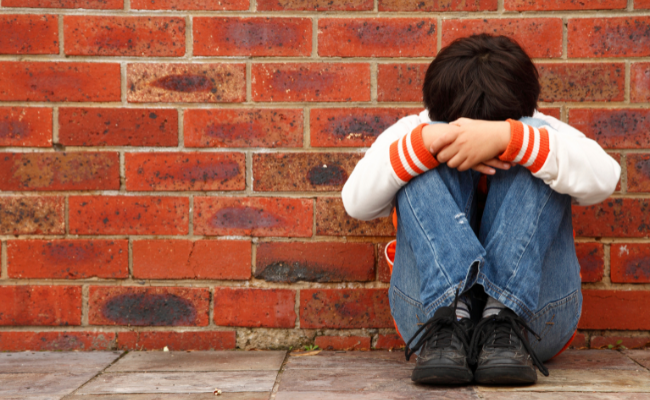Language is closely related to children's social development and influences communication with peers, peer relationships, and engagement in play situations. Language is a tool for explaining and understanding one's own feelings, experience, and behavior and becomes increasingly important for emotional regulation. Researchers have found that poor emotional regulation predicted later peer problems and emotional difficulties and that these associations were stronger among children at risk with language disorders. Moreover, children with poor language skills had reduced trajectories of health-related quality of life compared to typically developing children when measured from 4 to 13 years of age.
Children who do not attain adequate language skills may therefore show more social problems, emotional difficulties, and behavioral difficulties. Accordingly, children with language difficulties could be less included in social interactions and experience more peer-related conflicts, thus making them more prone to peer victimization and more involved in bully perpetration.
Several studies have found that children with language difficulties, including both children with language disorders (e.g., developmental language disorders, specific language impairment [SLI]) and children with poor language skills, experience more bullying and peer victimization compared to their typically developing (TD) peers. However, few studies have investigated if these children also bully others (bully perpetration) more than typically developing children.
Previous findings suggest that aggression is associated with language difficulties from an early age. Increasing levels of aggressive behavior toward peers could develop into bully perpetration behavior among young children with language difficulties. In addition, early experiences of peer victimization may lead to bully perpetration. Peer victimization is also found to increase internalizing difficulties for children with a history of language disorders. Peer victimization could therefore have adverse effects on a range of developmental outcomes beyond pre existing problems such as language difficulties.
Research shows that children with transient, late-onset, and mild language difficulties also have an increased risk of bully perpetration and peer victimization compared to children without language difficulties.These findings indicate that children with language disorders are involved in bully perpetration from an early age. Studies suggest that children bully peers to gain power by creating weakness in the child being exposed to bullying.
Children with language difficulties may therefore participate in bully perpetration to obtain a more favorable position in the peer group. Bullying behavior generally decreases as children grow older, which could indicate that higher estimates of bully perpetration may be found among younger children. Furthermore, studies have found that different dimensions of language were differently linked to behavior problems. Poor semantic language skills showed among the highest correlation with social difficulties and being withdrawn.
Another study found that lower vocabulary range was associated with less self-regulation skills among toddlers. In addition, poor self-control and being disliked have been linked with bully perpetration among schoolchildren. Poor semantic language skills could therefore show different associations to bully perpetration compared to other dimensions of language.
Children with language difficulties may therefore appear less mature and more frustrated when interacting with peers, which could make them more prone to peer victimization. Moreover, language is an important means for children to express if something is troubling them. It is therefore possible that young children with language difficulties struggle to reveal incidents of peer rejection or peer problems to parents, teachers, or caregivers.
Consequently, these incidences may persist and develop into peer victimization. Children with mild or fleeting paths of language difficulties could have difficulties that are less obvious for parents and professionals. Finally, peer problems and social struggles may go unnoticed and develop into peer victimization and bully perpetration among these children.
Author: Leeba Babu, M.S. CCC-SLP
Sources:
1)Associations Between Language Difficulties, Peer Victimization, and Bully Perpetration From 3 Through 8 Years of Age: Results From a Population-Based Study
Elise Øksendal, Ragnhild Eek Brandlistuen, Dieter Wolke, Siri Saugestad Helland, Arne Holte and Mari Vaage Wang.,Journal of Speech, Language, and Hearing Research, 2021
2)A Cross-Lagged Analysis of Emotion Regulation, Peer Problems, and Emotional Problems in Children With and Without Early Language Difficulties: Evidence From the Millennium Cohort Study
Claire L. Forrest et al., Journal of Speech, Language, and Hearing Research, 2020
3)Children With Persistent Versus Transient Early Language Delay: Language, Academic, and Psychosocial Outcomes in Elementary School
Alexandra Matte-Landry et al., Journal of Speech, Language, and Hearing Research, 2020
4)Victimization, Bullying, and Emotional Competence: Longitudinal Associations in (Pre)Adolescents With and Without Developmental Language Disorder
Neeltje P. van den Bedem et al., Journal of Speech, Language, and Hearing Research, 2018

